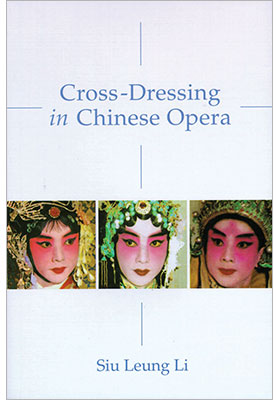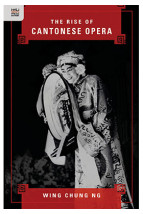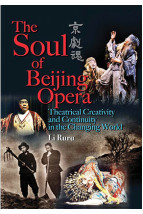Cross-Dressing in Chinese Opera
(京劇化妝)
ISBN : 978-962-209-832-9
April 2003
304 pages, 6″ x 9″, 5 b&w illus.
Ebooks
Also Available on
The enchantment of the figure of the “male dan”—female impersonator—remains a residual element in the cultural imagination of many contemporary Chinese societies. The various kinds of interpretive possibilities in the commanding tradition of cross-dressing Chinese opera have yet to be examined in-depth. In order to discuss “mistaken identity” and gender issues as they relate to cross-dressing on the Chinese operatic stage, this book examines a wide range of materials, including traditional dramatic texts, modern literary writings, critical writings (for example, quhua), opera paintings, and contemporary movies. The book explores gendering and gender differences that are constructed, reproduced, dismantled, and contested in this particularly rich site of Chinese culture.
“This is the first ever in-depth study about Chinese opera that offers a reading that is thoroughly informed by queer theories almost in their entirety. Such an approach differs from the traditional comparative literature (including the so-called sinology) practice which dominated the field in, say, North America in the past 30 years. By giving voice to a lot of “troubles” in the gendering of Chinese drama as a whole, Li has broken new ground in the fields of comparative studies and cultural studies.” —Professor Wong Kin Yuen, Head, Department of Intercultural Studies, Chinese University of Hong Kong
“The author has amassed an impressive body of material to address a myriad of issues relating to cross-dressing and gender representation on the Chinese stage. Chinese opera offers rich soil for interpretation, and this fascinating subject has rarely been treated in such a scope.” —Professor Bell Yung, Director of Asian Studies Program and Professor of Music, University of Pittsburgh
“Siu Leung Li has revealed a solid and insightful ability to handle traditional Chinese scholarship as well as modern theories of cultural politics.” —Professor Sai-shing Yung, Department of Chinese Studies, National University of Singapore






